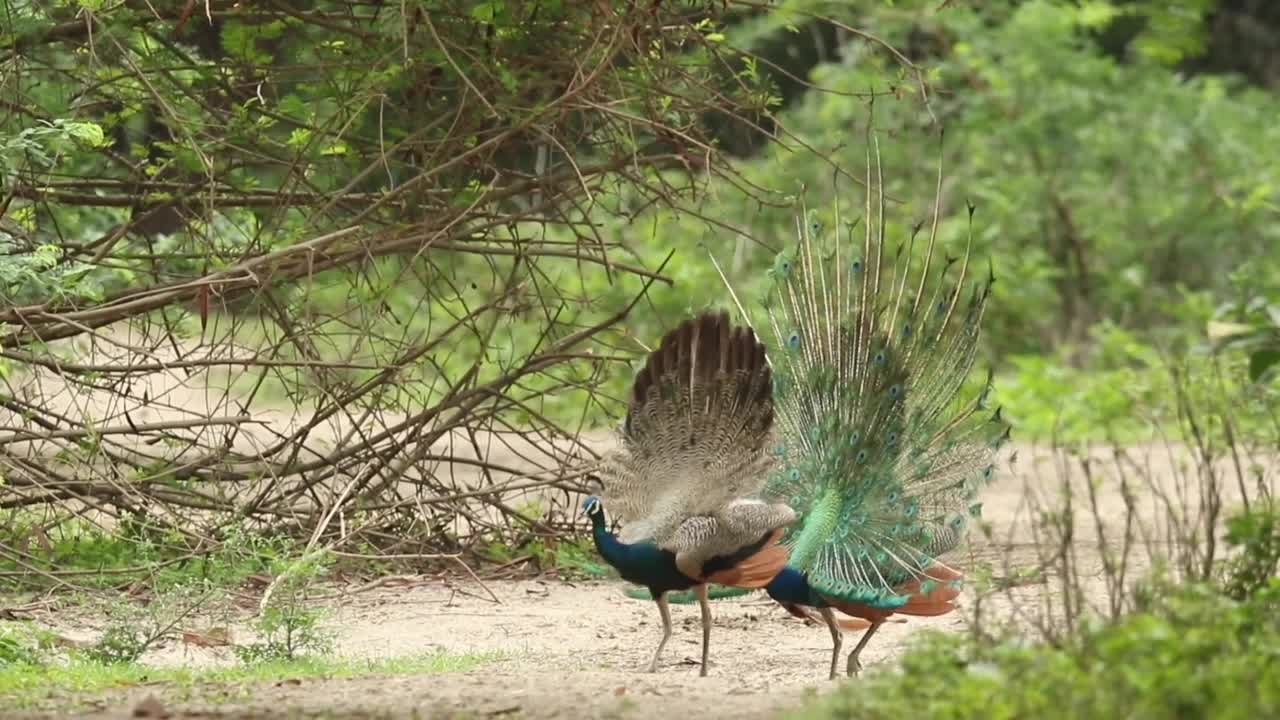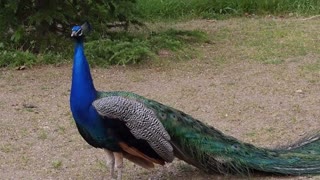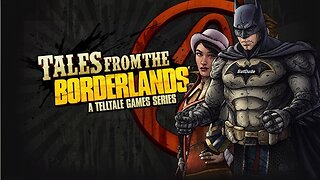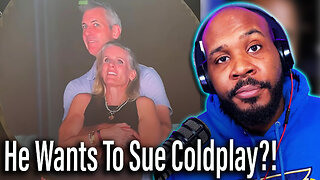Premium Only Content

Peacock Dance Display - Peacocks Opening Feathers HD & Bird Sound New Videos
Peacock Dance Display - Peacocks Opening Feathers HD & Bird Sound New Videos
Peacock Dance Display - Peacocks Opening Feathers HD & Bird Sound New Videos
Description
Peacock Dance Display - Peacocks Opening Feathers HD & Bird Sound
The Most Beautiful Peacock Dance Display Ever - Peacocks Opening Feathers and Bird Sound HD
Peacocks are large, colorful pheasants typically blue and green and known for their iridescent tails. Many people ask if peacocks are birds of paradise, to which the answer is no - a bird of paradise belongs to a totally seperate family of birds.These tail feathers of the peacock, or coverts, spread out in a distinctive train that is more than 60 percent of the birds total body length and boast colorful "eye" markings of blue, gold, red, and other hues. The large train is used in mating rituals and courtship displays. It can be arched into a magnificent fan that reaches across the bird's back and touches the ground on either side. Females are believed to choose their mates according to the size, color, and quality of these outrageous feather trains.
The term "peacock" is commonly used to refer to birds of both sexes. Technically, only male bird is a are peacock. Females are peahens, and together, they are called peafowl.
Suitable males may gather harems of several females, each of which will lay three to five eggs. In fact, wild peafowl often roost in forest trees and gather in groups called parties.
Peacocks are ground feeders that eat insects, plants, and small creatures. There are two familiar peacock species. The blue peacock lives in India and Sri Lanka, while the green peacock is found in Java and Myanmar (Burma). A more distinct and little-known species, the Congo peacock, inhabits African rain forests.
Peacocks can be noisy, they have a very loud high-pitched meow like sound . They call a lot during the mating season. Dawn and late evening is a favourite time for this.
Video Produced by Paul Dinning - Wildlife in Cornwall
PLEASE LIKE,COMMENT, SHARE
-
 0:51
0:51
Funny Video
3 years agoPeacock Dance Display - Peacocks Opening Feathers HD & Bird Sound
82 -
 LIVE
LIVE
BatDude Gaming
1 hour ago🦇 RUMBLE GAMING 🦇 ⚡⚡ TALES from the BORDERLANDS (Continued) ⚡⚡ STORY BASED GAME 🦇
21 watching -
 LIVE
LIVE
Rotella Games
2 hours agoSaturday Morning Family Friendly Fortnite
53 watching -
 LIVE
LIVE
HartZA92
2 hours agoGenesis Alpha One: Build, Blast & Survive the Final Frontier!
263 watching -
![[HD] Gamer Stream](https://1a-1791.com/video/fww1/53/s8/1/c/G/G/5/cGG5y.Gkob-small-HD-Gamer-Stream.jpg) LIVE
LIVE
darealchurchiee
3 hours ago[HD] Gamer Stream
104 watching -
 3:53:47
3:53:47
Anvilight
5 hours agoWorld of Warcraft | Trump Arrives in Scotland to Meet with Anvilight for Azeroth Peace Negotiations
6.39K1 -
 25:49
25:49
GritsGG
14 hours agoRank 1 Player Crushes Solo Lobby!
31.7K3 -
 LIVE
LIVE
Wahzdee
3 hours ago🔥 Trying to Find The One Extraction Game – Be Honest, Are These Fun to Watch?
67 watching -
 35:14
35:14
The Pascal Show
15 hours ago $7.71 earnedHE'S GONNA SUE COLDPLAY?! Astronomer HR Resigns & Ex-CEO Set To Sue Coldplay Over Kiss Cam Drama
34.8K15 -
 LIVE
LIVE
Lofi Girl
2 years agoSynthwave Radio 🌌 - beats to chill/game to
345 watching